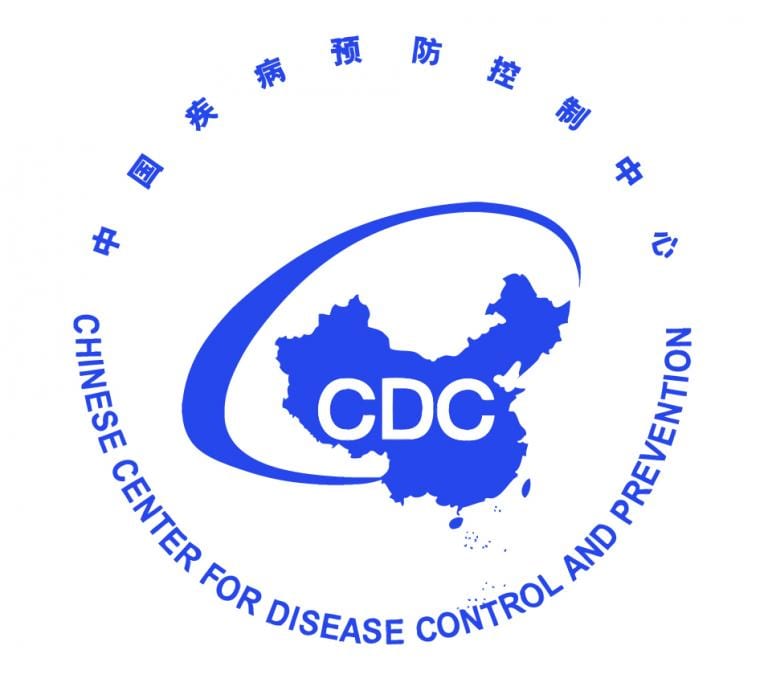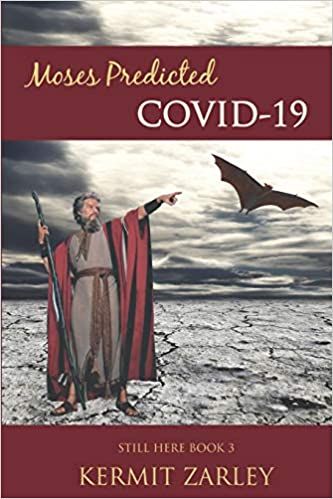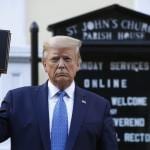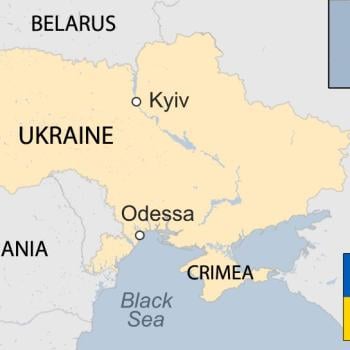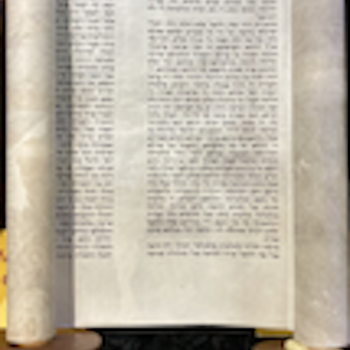Since the 1980s, the brash-talking New York City real estate developer Donald Trump has berated China for “unfair trade practices” resulting in China’s exports to the U.S. being far more economically than vice versa. That is called a “trade deficit” for the U.S. in its trade with China.
Thus, when Donald Trump campaigned for the U.S. presidency, he blamed China for taking advantage of the U.S. in trade. He indicated that if he became president, he might try to change that by threatening a trade war with China. But finance experts have always cautioned that trade wars rarely benefit either side. And these experts had the history to back them up. Donald Trump doesn’t pay much attention to history.
One year after Donald Trump became the U.S. president, he began to initiate his threat by imposing trade tariffs on Chinese goods exported to the U.S. On March 2, 2018–without any experience at trade wars and only one year at governing–braggart Trump said publicly, “trade wars are good, and easy to win.” Of course, this statement is a bit non-sensical–often typical of no-details-Trump-speech–since it doesn’t say who trade wars are good for or who would win in a U.S.-China trade war.
Now that Donald Trump’s presidency is coming to an end, so is his administration’s dwindling trade war with China. Experts say it has had a negative impact on the U.S., proving Trump wrong in saying “trade wars are good, and easy to win.”
But President Trump’s trade war with China may have hurt the U.S. more by how it impacted the early stages of this ongoing coronavirus pandemic called COVID-19. In The New York Times article today entitled, “25 Days that Changed the World: How COVID-19 Slipped China’s Grasp,” we learn that because of Trump’s trade war with China, his administration quit cooperating with China on matters of health. The article states, “Not long ago, China and the United States cooperated successfully to track and halt viral outbreaks in China. But the Trump administration pulled nearly a dozen public health experts from Beijing months before the outbreak — effectively closing the eyes of the American government to disease threats from China.”
In fact, Dr. Gao and Dr. Redfield–the directors of the Chinese Center for Disease Control and Prevention (CCDC) and the U.S. Center for Disease Control and Prevention (CDC), respectively–had been friends in communication for years.
This removal of U.S. scientists is important because COVID-19 is a coronavirus that resembles SARS, which originated in China. And health experts had been warning that health scientists of nations should collaborate in their efforts to ward off health pandemics such the coronavirus called SARS. Had those U.S. scientists remained in China, COVID-19 may not have overtaken China and spread around the world to the degree that it is still doing. Whatever economic benefit President Trump sought to gain from his U.S. trade war with China may have been peanuts compared to the economic distress and loss of life the U.S., not to mention the entire rest of the world, has suffered due to this loss of scientific collaboration between the U.S. and China.
COVID-19 is believed to have begun in Wuhan, China. It happened at the worst time, right when China’s biggest celebration of the the year was about to happen, its weekly Lunar New Year. Still, China is much to blame for its lack of transparency before the world for this deadly outbreak until China President Xi’s historic announcement on January 23 about a lockdown of the City of Wuhan due to COVID-19.
News of this virus was released on the internet on January 11th, so many health experts had been discussing it. The Time article quotes an unnamed businessman as saying of this interim time about the Chinese government, “The central government seemed almost singularly focused on the trade deal. The epidemic did not come up.”
[See Kermit’s new book, Moses Predicted COVID-19.]


